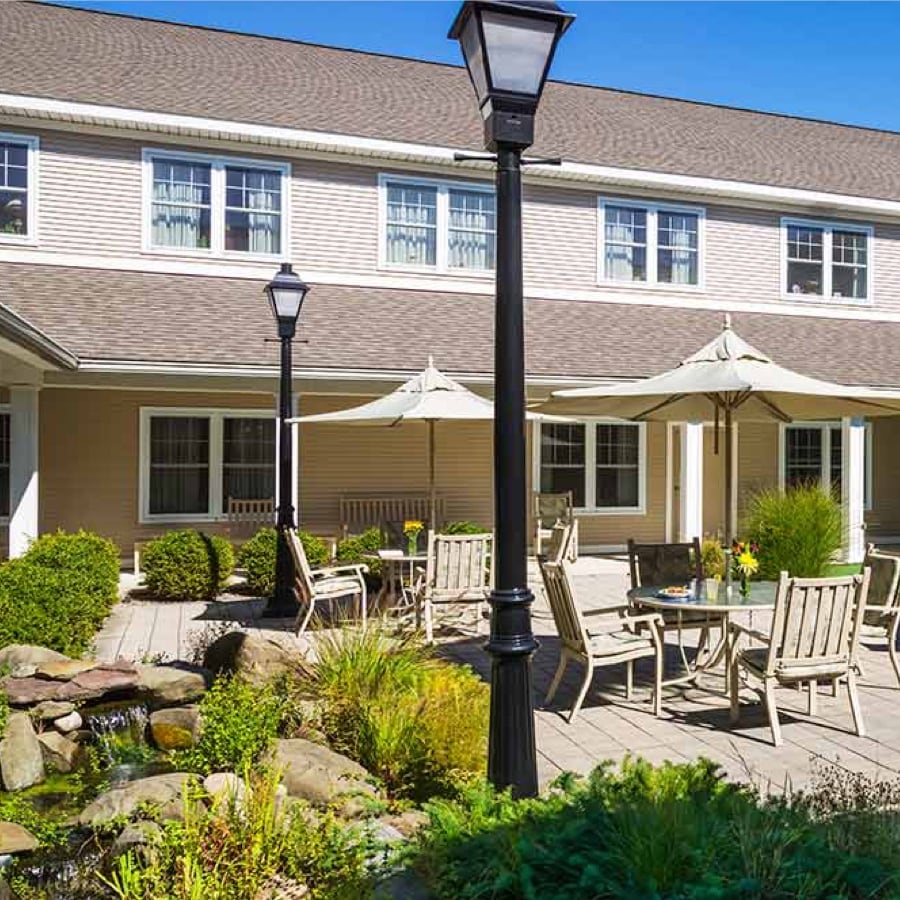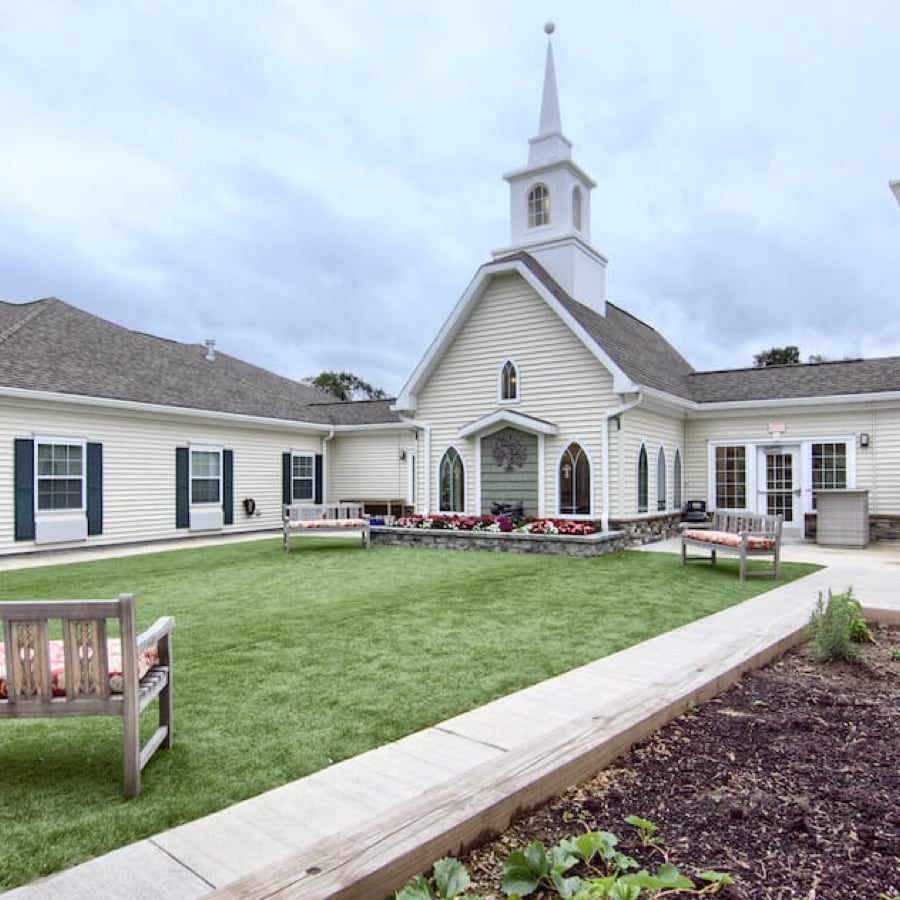As The Alzheimer’s Association reminds us, Alzheimer’s disease doesn’t just affect the person with the diagnosis—it also impacts families and friends, especially those who provide care for them. Not only is November National Alzheimer’s Disease Awareness Month, it’s also Family Caregivers Month. It’s an opportunity to honor the nearly 15 million Americans who provide 17 billion hours of unpaid care to individuals living with this devastating disease.
This is also the right time to bring to light the very real sacrifices caregivers are making, and why the best option for everyone’s health and wellness could be a memory care community for the spouse or parent with Alzheimer’s.
You might be a caregiver, or know one. At Peregrine Senior Living, we are here to help with family support services as well as exceptional memory care.
Alzheimer’s Awareness Month and Family Caregivers Month: What they can mean to you.
“Caregiving Around The Clock” is this year’s theme for Family Caregivers Month.
- Caregivers spend on average over 24 hours a week providing care for their loved one.
- One in three caregivers have no help at all in this role according to the AARP’s Caregiving in the U.S. report.
- Nearly half of all caregivers are over the age of 50. Most are women.
The devastating toll Alzheimer’s can take on caregivers.
- According to a recent Stanford Medicine study, Alzheimer’s caregivers have a 63% higher mortality rate than non-caregivers.
- The same study reported that 40 percent of Alzheimer’s caregivers die before the patient. Not from disease or accident, but from the sheer physical, spiritual and emotional toll of caring for someone struggling with this disease.
- In severe cases, the caregiver can take on the symptoms of the person they care for. This “caregivers syndrome” can lead to death.
How you can support caregivers:
- Ask for a specific way you can help. Remember the caregiver is most likely running at full speed. Ask them if there’s a task you can perform, such as picking up groceries, doing the laundry, or sitting with their loved one for a few hours.
- Listen and don’t judge. Be available to hear their concerns. Resist the temptation to jump in with advice or be critical. Just letting them be heard can do wonders to relieve stress.
- Care for the caregiver. Show a caregiver that you care about them. Arrange an afternoon spa appointment and sit with their loved one while they are gone. Drop off home-cooked meals. Give them a full day off.
- Give them permission. If the caregiver you know is hesitant to delegate any responsibility to others, help them find resources for adult day care, or respite care in a memory care community like Peregrine Senior Living.
- Think outside the box. Alzheimer’s Awareness Month and Family Caregivers Month remind us how small things mean a lot. Help create a phone list. Take the children to the park. Walk the dog. Rake leaves. Replace light bulbs. Offer to sit and pray together. Your presence and availability can mean more than you can imagine.
How you can support yourself if you are a caregiver:
- Ask for and accept help. Arrange a call or meeting with other family members and delegate. Ask one person to help with meals, supervise medications, or sit with your loved one in the mornings. Alzheimer’s Awareness Month and Family Caregivers Month are reminders that you are not alone—there is a lot of assistance available.
- Take breaks. Get outdoors and go for a walk. See a movie. Drop by your favorite bookstore. Let others help you create some space for yourself.
- Join a support group. Sharing experiences with others in the same situation can be very beneficial. You not only can make some valuable friends, but also gain helpful advice. From informational seminars to sensitivity training to increase empathy, your loved one and family are fully embraced at every Peregrinememory care community.
- Accept what you can and cannot change. It’s natural to have feelings of sadness and loss. Remind yourself that you are doing the best you can, and give yourself some credit.
- Take responsibility for your own health. Keep up with your own regular visits to the doctor and pay attention to how you are feeling. If you are not sleeping well and can’t seem to get going, speak to a professional about depression. There’s no shame in feeling overwhelmed. And be sure to eat well and get regular exercise.
- Rest when you need it. Whether it’s asking a friend or family member to take an afternoon shift so you can get some much needed rest, or a scheduled respite care visit for your loved one, remember your health is important too. If your loved one takes a nap, take one too. You can’t take care of anyone well if you’re not also taking care of you.
- Schedule time to pursue your own interests. It’s important to keep your mind engaged in what makes your life complete. Don’t skip a club meeting, or a monthly reunion with friends, or a regular golf game if you are able to arrange for someone to fill in for you.
At Peregrine, we know the challenges that come with being a caregiver for a loved one with Alzheimer’s or another kind of dementia.
When you choose a Peregrine memory care community for your loved one, you’ll have more time for meaningful connections. We’re interested in improving the quality of life for not only your loved one, but for your entire family. It’s The Peregrine Way™.®
From informational seminars to sensitivity training to increase empathy, your loved one and family are fully embraced at every Peregrine memory care community. Contact us today. And download our free guide, Supporting Your Aging Loved One: Caregiver Tips & Tools.











